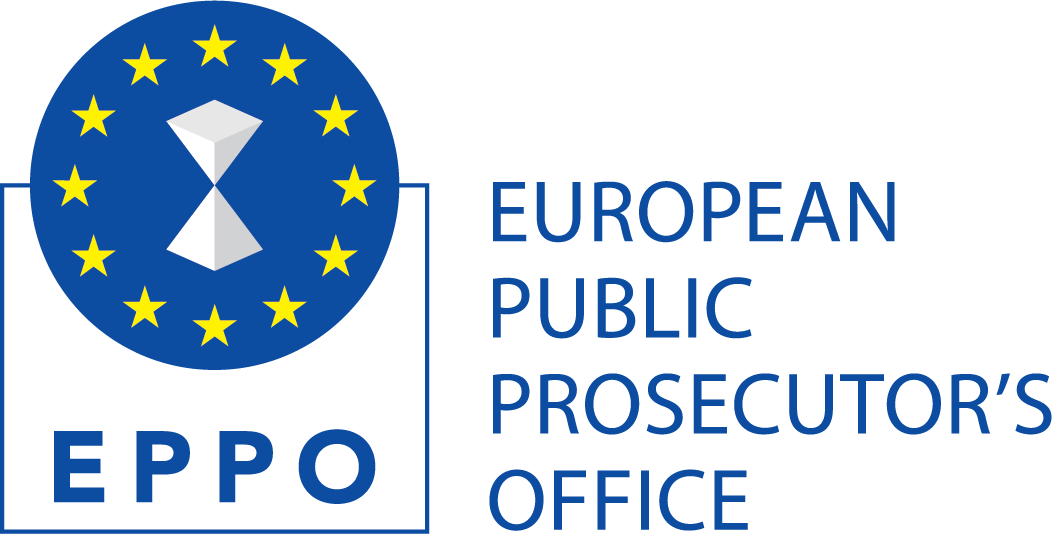
by John McCarthy Consulting Ltd. | Jun 28, 2021 | Blog, News
The European Union has for some time, been trying to work out how best to combat financial crime that impacts EU finances.
Formally launched on 1 June this year, a new office, the European Public Prosecutor’s Office (EPPO) has been created. It was first established in 2017 with powers to investigate and prosecute crimes against the EU’s financial interests including money laundering.
The mandate of the EPPO’s is ‘to investigate, prosecute and bring to court crimes against EU budgets, such as fraud, corruption or serious cross-border VAT fraud’.
The EPPO’s Chief Prosecutor is Laura Codruța Kövesi, the former Chief Prosecutor of Romania’s National Anticorruption Directorate and former Romanian Prosecutor General.
Here is an interview with the new Chief Prosecutor.
The remaining EPPO staff consists of two Chief Deputies and other prosecutors drawn from the 22 participating EU countries. Unfortunately, Ireland is not participating in the EPPO along with Denmark, Hungary, Poland and Sweden. Sweden is said to join in 2022. Ireland have, however, signed up to the PIF Directive (2017/1371) which protects against the misuse of EU funds, and protecting EU taxpayer’s money. Ireland have the option to join the EPPO at any time.
The EPPO already faces a mountain of work, with over 3,000 reports submitted for action. According to Kövesi, the first new reports of alleged fraud against the EU budget, were submitted from Italy and Germany and arrived within hours of the EPPO’s online reporting system going ‘live.’ We wish Laura and her team success in the fight against financial crime.
For more about accountants’ AML compliance obligations, see our AML Policies, Controls & Procedures Manual for 2021.
The Manual contains all the latest requirements relevant to accountants contained in the Criminal Justice (Money Laundering and Terrorist Financing) Acts 2010 to 2021 now fully in force. Future blogs will look at various parts of the new and existing provisions of this legislation.
For more blogs please visit this link and for our publications and manuals and services click here.

by John McCarthy Consulting Ltd. | Nov 25, 2019 | Blog, News
In a recent Financial Times story, it was reported that the EU is proposing to set up a new anti-money laundering body in the wake of recent money laundering scandals.
EU finance ministers are expected to meet in December and propose the setting up of a new independent body to enforce money laundering prevention measures across the EU.
The proposal would trigger a significant increase in the response to a wave of money-laundering scandals that have occurred since 2017. These scandals have revealed weaknesses in the EU banking system which have been exploited by criminals.
The two most notable recent scandals have involved two of Europe’s most high profile banks: Danske Bank and Deutsche Bank.
US law enforcement authorities uncovered institutionalised money laundering in 2018, at the now defunct Latvian bank ABLV — much of it linked to Russia. This was just one in a series of serious blows to European confidence in its banking system’s defence against crime.
Another setback involved revelations that €200bn in suspicious transactions had been moved through Danske Bank’s Estonian branch. ING was fined €775m for compliance failings and Deutsche Bank was ensnared in a scheme to illicitly shift criminal funds from Russia to the west.
For our latest AML Training webinar for Accountants go to this link and for Trust and Company Service Providers go to this link.
All 19 training webinars are listed here and on completion you receive a CPD certificate by email.
We also publish a completely up to date AML Policies & Procedures Manual 2019 which includes a template for the Business Risk Assessment which each AML supervised business must have in place since 26 November 2018 under the latest legislation which is the Criminal Justice (Money Laundering and Terrorist Financing) Acts, 2010 to 2018. This manual retails for only €150+VAT and may be downloaded, ready to use, in Word format.
We also sell several letters of engagement and other templates which all comply with the Criminal Justice (Money Laundering and Terrorist Financing) Acts, 2010 to 2018.

by John McCarthy Consulting Ltd. | Jan 24, 2018 | News
A lot of generic information has been written about the GDPR and the fact that it comes into effect across the EU on Friday 25 May 2018.
According to the Economist newspaper website ‘GDPR is not a matter of fix it and forget it. The new regulations mandate organisation-wide personal data awareness from data protection officers down to database administrators. GDPR will require ongoing governance of data as organisations migrate to new systems or apply their consumer data to new markets and consumer trends. Initial compliance is the first heavy lift. Ongoing governance is the long-term reality.’ Elsewhere Ludwig Siegele, IT Technology Editor of the Economist writes that the GDPR ‘will be one of the most important pieces of legislation brought into force in 2018’.
It’s important to recognise that the legislation applies only to personal data of living EU citizens (living anywhere in the world) and not to data about non-EU citizens, EU corporate entities or other types of non-human EU entity, like trusts.
What about GDPR for accountants? We are busy preparing checklists and updates to typical required terms and conditions in client letters of engagement and these will be available later on this website.
In the meantime, as Step 1 to help in your preparation, you need to analyse the types of personal data that your accounting firm handles, as it is to this type of data that the GDPR rules will apply.
There are probably fifteen categories of people for whom accountants may hold personal data:
1. Business Partners/Directors in the firm who are living natural persons
2. Current clients and their family members who are living natural persons including their Anti- Money Laundering data
3. Employees of clients for whom we may process payroll etc.
4. Former -clients and their former employees for whom we may have processed payroll etc. in the past
5. Prospective clients (on a mailing list for example)
6. Prospects not yet on a mailing list – perhaps on business cards, sitting in the drawer of your desk
7. Introducers of potential clients e.g. local law firm/estate agent
8. Suppliers such as recruitment agencies
9. Outsourced providers of services to your business e.g. payroll, bookkeeping businesses with which we may share client data
10. Associates e.g. through accounting and other Networks like BNI
11. Sub-Contractors
12. Existing staff
13. Former staff
14. Job applicants
15. Other ‘Contacts’ not already included on the above lists including complainants, correspondents, enquirers.
Once the above list is complete, the next step will be to identify the location(s) where that data is held, whether in paper or electronic format, and how secure that location is.








